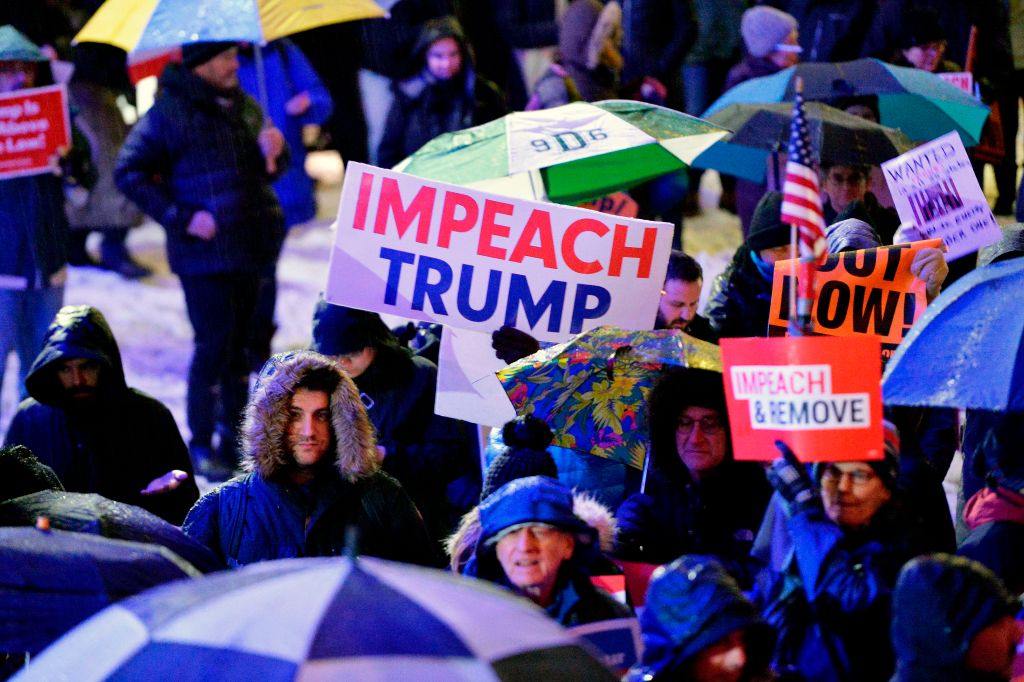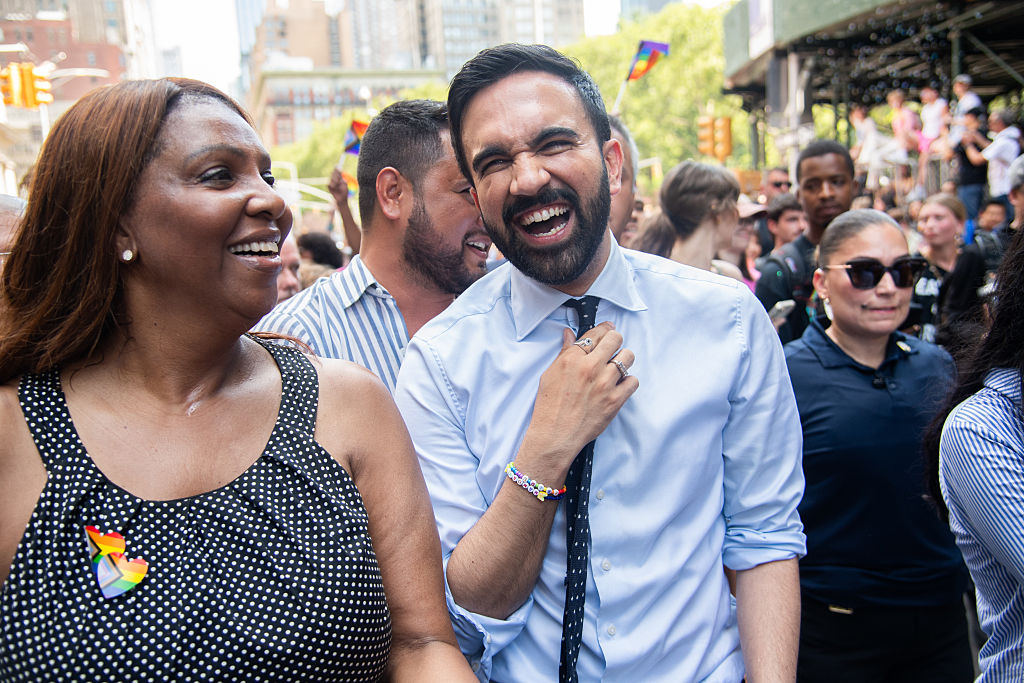Democratic Debate: Who Defend Black Lives Now That Kamala Harris Is Out?
Who’s Going To Speak Up For Black Lives At Democratic Debates Now?
The current slate of Democratic presidential candidates have gotten decidedly paler at a time when the country is at its most diverse ever. That conflicting fact could be exacerbated Thursday night during the sixth Democratic debate, the first in the series of meetings that, for varying reasons, will not feature a single African American candidate on the stage.
MORE: Racial Justice Scorecard: Grading The 2020 Democratic Candidates
No matter how you feel about Sens. Cory Booker and Kamala Harris and former Housing and Urban Development Secretary Julián Castro, they could be depended on to be vocal about issues important to minority communities and the issues that plague Black America, in particular. But with Harris suspending her campaign earlier this month and neither Booker nor Castro meeting the qualifying criteria to be included this time around, those topics near and dear to Black voters — a reliable voting bloc coveted by candidates — could go either ignored or glossed over.
But if history is any indication, chances are there won’t be a single truly poignant moment on the topic of race without the aforementioned candidates and Harris.
Remember during the last debate when Biden talked about “The only African American woman who’d ever been elected to the United States Senate” while forgetting that Harris, standing nearby on the stage, is currently an African American woman senator?)
Harris received a round of applause for her passionate statement about Black voters, saying, “The larger issue is that for too long, I think candidates have taken for granted constituencies that have been the backbone of the Democratic Party. And have overlooked those constituencies. And they show up when it’s, you know, close to election time, and show up in a black church and want to get the vote but just haven’t been there before.”
During that same debate, Booker laid into Biden’s “marijuana is a gateway drug” talking point. “Marijuana in our country is already legal for privileged people,” Booker told Biden. “The war on drugs has been a war on Black and brown people.”
That came after Castro, without being prompted, spoke during the fourth debate about the police violence directed at Black people that claimed the life of his fellow Texan, Atatiana Jefferson.
Who else is going to speak up like that on the debate stage for Black folks now?
As far as former Massachusetts Gov. Deval Patrick goes, he also did not qualify for Thursday’s debate. But his candidacy has been all but invisible and because of the timing of his late entry to the race, he hasn’t participated in a debate so it’s unclear how full-throated he’d be when it came time to speak up for Black lives on a national debate stage.
Instead, issues important to Black America will be left up to front-runner and former Vice President Joe Biden, Mayor Pete Buttigieg of South Bend, Indiana, Minnesota Sen. Amy Klobuchar, Vermont Sen. Bernie Sanders, billionaire Tom Steyer, Massachusetts Sen. Elizabeth Warren and businessman Andrew Yang. With the exception of Biden — who has been forced to address issues on race because of scrutiny about his past political allegiances and votes — none of the six candidates debating Thursday night have made race a priority for their campaigns.
Yes, they all have campaign websites touting various plans that they say will address race-based issues plaguing America and Black communities, in particular. But rarely, it seems, have they put those plans on front street except for strategic moments like when they were all in Atlanta for the last debate. Most of the candidates met with HBCU students and held other events in historically significant locations designed to resonate with Black voters.
According to the Center for Urban and Racial Equity, the best remaining candidate when it comes to talking about race is Warren. Its “racial justice scorecard” was released last week and looks at all the Democratic candidates’ policy proposals through a racial equity lens across essential areas such as education, criminal justice reform, health care, voting rights, reparations, environmental justice, immigration, indigenous rights and policies to close the racial wealth gap.
Warren ranked the highest out of the Democratic candidates in part because of her “proposed $50 billion in aid to HBCUs.” Booker came in as a close second and was followed by Castro, Sanders and Buttigieg, who all had respectable grades. However, Biden received an F because of his vague stances on issues critical to Black America, such as reparations, HBCUs and marijuana laws.
That was compounded by a new national poll that identified voters’ second choices of candidates and provided a snapshot into what a potential presidential ticket would look like with each of the top four polling candidates (Biden, Sanders, Warren and Buttigieg, in that order).
Judging from the results, American voters are perfectly fine with putting two old white men atop the Democratic ticket, which is precisely what many people have been advocating against in favor of adding a semblance of racial diversity in a place that has been void of it since 2012.
But that leaves the looming question: Who will speak up for Black lives now at the Democratic debates?
That answer could be determined by the sixth debate moderators, a group that includes “PBS NewsHour”‘s Yamiche Alcindor, a Black woman. But it shouldn’t be solely left up to her, as in past debates Booker, Harris and Castro each took it upon themselves to speak loudly on behalf of Black and brown lives. Only time will tell which candidates will be able to replicate those sincere and necessary efforts.
The PBS NewsHour/POLITICO Democratic debate is scheduled to take place at Loyola Marymount University in Los Angeles at 8 p.m. EDT.
SEE ALSO:
Say It Ain’t So, Joe! Did Obama Finally Hint At His Preferred Candidate?
Chicago Mayor Plans To Diversify The Lily White Legal Weed Industry. Here’s How
















